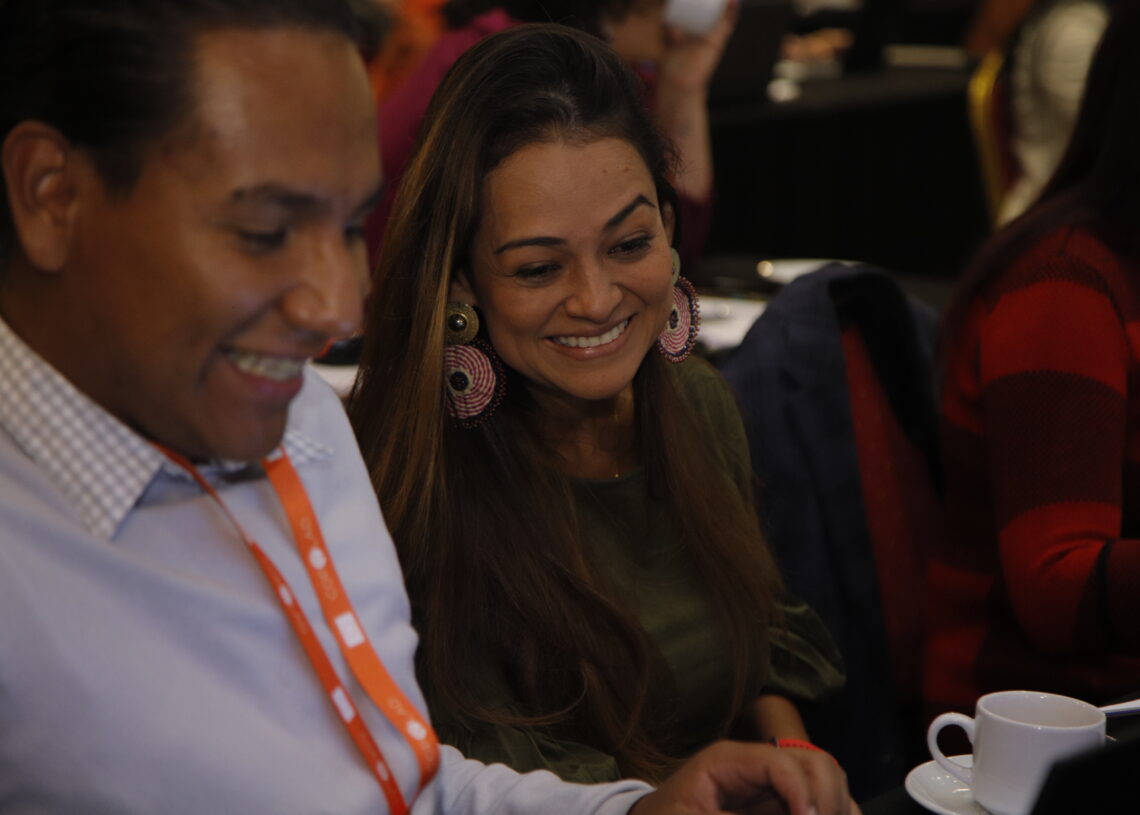Innovation is a fundamental aspect in any life trajectory, but especially in addressing complex and multi-causal issues such as the World Drug Problem. For this reason, the European Union’s cooperation program COPOLAD III has introduced training in social innovation as one of its work axes so that public policies can address systemic challenges such as drugs in a way that is aligned with the perceptions of all the agents involved.
The proposal, which has already begun, is being carried out at two levels: a regional one, which includes a learning community with the participation of more than 50 people from 17 countries, and a national one, which includes social innovation laboratories in 3 Latin American countries.
On September 21, the first launching session of the Learning Community took place in an online format, with the participation of more than 50 people and 17 countries in Latin America and the Caribbean.
Training curriculum
Regarding the learning community, there will be two parallel processes, one in English for the Caribbean countries and one in Spanish for the Latin American countries, with 12 online sessions. These sessions will focus on the steps of the social innovation approach such as the integration of the innovation approach in COPOLAD III, systemic mapping, improvement of listening tools, channels and narratives, sensemaking (sensemaking in innovation terminology), collective interpretation and the concretization of tools for innovation.
The monthly sessions will run from September 2023 to July 2024 and will be led by the Agirre Lehendakaria Center, a social innovation laboratory that promotes sustainable development and is based in the Basque Country and is COPOLAD III’s specialized technical assistance in this line.






